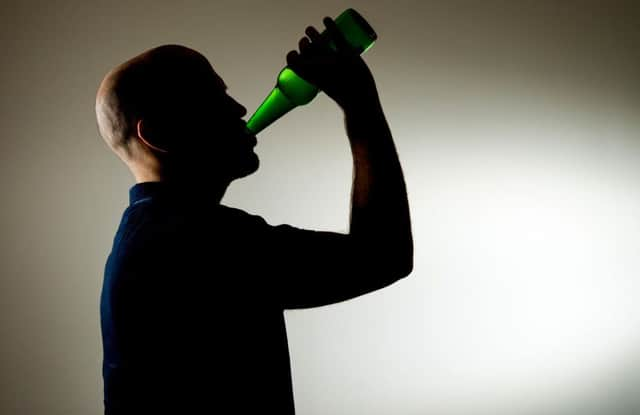Drinking habits have changed since minimum pricing laws, court hears
This article contains affiliate links. We may earn a small commission on items purchased through this article, but that does not affect our editorial judgement.


Scotland’s highest civil court heard the figures were declining in 2012 but a subsequent “upturn” has resulted in a flattening-out of those downward trends.
Judges were told it is too early to say if that marks the start of a longer-term trend but heard ministers fear it could be. The points were aired at the Court of Session in Edinburgh as it considers an earlier opinion from the European Court of Justice (ECJ) on legislation to introduce a minimum unit price of 50p.
Advertisement
Hide AdAdvertisement
Hide Ad• READ MORE: Minimum pricing for alcohol considered by EU court
MSPs backed the move in 2012 but the measure has not yet been introduced because the Scotch Whisky Association and other European wine and spirits producers took legal action, arguing the move would breach European law.
Scottish judge Lord Doherty initially rejected the challenge in 2013 but it was later referred to the ECJ after an appeal hearing. Last December, the ECJ ruled the plan would breach European Union law if alternative tax measures could be introduced, and it referred the case back to the Edinburgh court.
Gerry Moynihan QC, for Scottish ministers, told the court the proceedings were “unique”.
He urged the Lord President Lord Carloway, sitting with Lords Menzies and Brodie, to consider fresh figures on drink consumption, morbidity and mortality.
He said the statistics previously before the court stemmed from 2012 and were now “out of date”.
Mr Moynihan argued the recession had an impact on people’s drinking habits but spending began to rise when that ended “with an impact again on mortality”.
Advertisement
Hide AdAdvertisement
Hide AdHe argued that by 2014, data pointed to an “upturn” in mortality rates.
Aidan O’Neill QC, for the SWA, said the other side was “rehashing” submissions already made and argued they were not addressing the points raised by the European court.
The ECJ concluded a tax rise on alcohol “is liable to be less restrictive of trade” than minimum pricing.
It said it would be for the Court of Session to make a final decision.
DOWNLOAD THE SCOTSMAN APP ON ITUNES OR GOOGLE PLAY